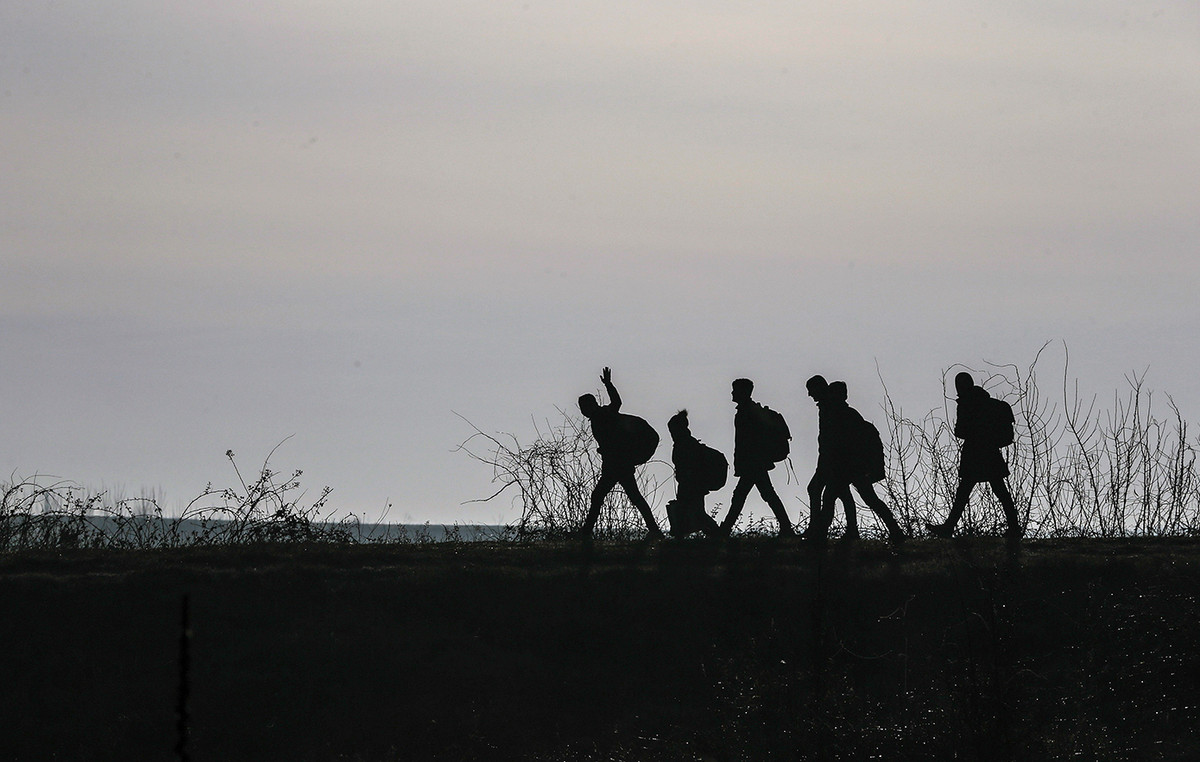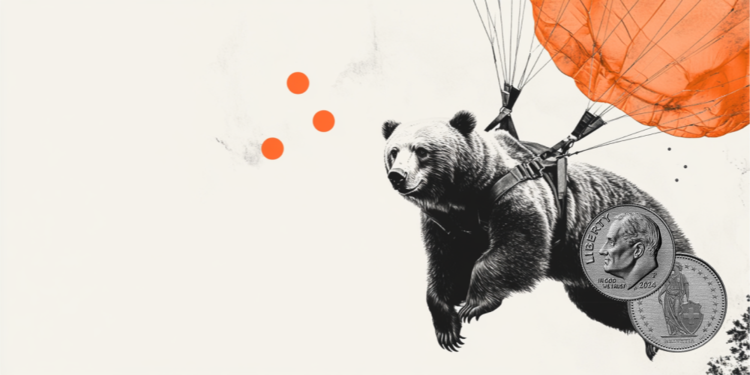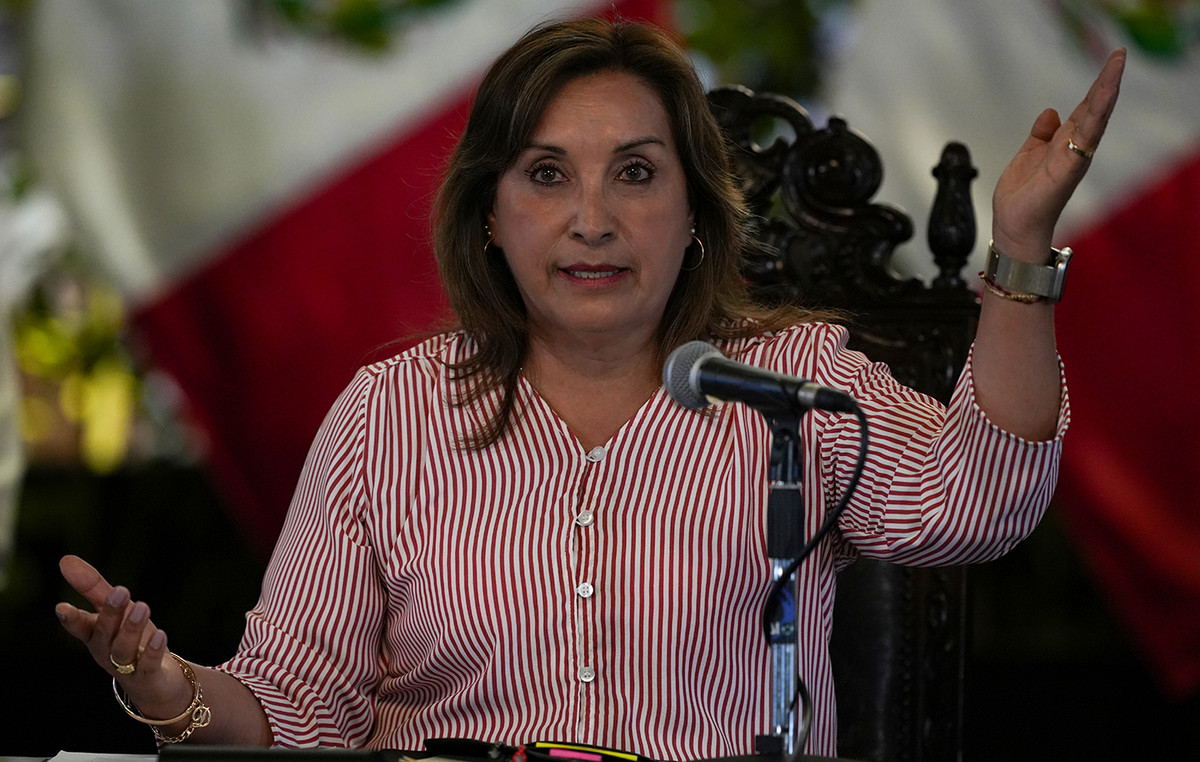Although difficult, disturbing, politically and intellectually out of time, it is a mistake to treat today’s Poland as a simple problem case. This attitude is a scandalous condescension. It puts the entire EU at risk, Welt comments.
In a few days, the Second World War will be commemorated. It began on 1 September 1939 with the German naval attack on Westerplatte near Gdansk. And it continued with the Nazi terror that lasted for years and claimed the lives of millions of Poles. This will be commemorated on September 1, 2022. Admittedly, these gestures are shamefully out of proportion to the callous indifference German policy displays towards Poland today.
The controversy over the causes of the Oder fish kill shows how little old wounds have healed. Although Poland and Germany have been friends on paper for more than 30 years, cooperation between the German and Polish authorities is not working at all. It is as if Oder does not unite two peoples, but remains a border of the system, where the two sides view each other with suspicion. And they blame each other.
There are many reasons to criticize the constitution which is the current policy of the Polish government as a danger to democracy and the EU. The still powerful leader of the ruling PiS party, Jarosław Kaczyński, regularly invokes the ghosts of the past, accuses the opposition of betrayal and poisons Polish-German relations.
Recently, in an interview, he seriously argued that Germany is using the EU for the sole purpose of finally realizing the thousand-year-old dream of German domination over the whole of Europe. And the opposition in Poland is helping the Germans achieve this.
The scary thing about these wild fantasies is that in Poland they are not mocked, but many believe that they are true. Of course, it is one of the paradoxes of modern Poland that today – depending on the survey – 82 to 92% of Poles consider the country’s EU membership correct and important. This means that even a large part of PiS voters is apparently quite satisfied with the EU.
Limiting the rule of law and the media
The intellectual adventures of Poland’s largest ruling party, as well as the practical policy of restricting the rule of law and the media, make it easy for German politicians to treat today’s Poland as a simple problem case on the EU’s eastern fringes: difficult, troublesome, politically and mentally out of season. As a partner whose stubbornness must be endured.
This attitude is scandalously condescending. It puts the EU at risk. If it continues, Germany will fail in the face of an important task that it has to solve as the most important country of the EU: upgrading Poland to one of the three or four leading powers of the European Union.
PiS or not PiS: Poland has a number of conditions for this. It is currently the most economically dynamic country in the EU. After Russia invaded Ukraine, it generously accepted almost three million Ukrainians. Large sections of the population participated spontaneously and still do. And Poland brings with it a deep-rooted experience that Germany does not have: the experience that Russia is a potentially dangerous state ready for imperial expansion.
Germany, on the other hand, because of its apparently still continuing imperial history, continues to react indifferently to the fear of Russia that every Pole feels. The old desire for a German-Russian alliance and soulmate is still alive. Then the peoples living between Russia and Germany appeared and still appear as inhabitants of an uninhabited land: insignificant and troublesome.
It is also this indifference that made Germany studiously overlook the gradual transformation of Russia into a conquering state. And, on the contrary, it is to Poland’s credit that, since the end of the Iron Curtain, it has repeatedly insisted that Russia is a steadily increasing danger. Germany and other western European EU states ignored these warnings. And he dismissed them as the whining of backsliders. Germany has every reason to apologize for this.
This also includes finally seriously addressing Polish criticism of the EU. Recently, Polish Prime Minister Mateusz Morawiecki did not mention Poland’s rule of law problem in an article in “Die Welt” newspaper. However, he strongly attacked the EU, which criticizes and sanctions the PiS government’s violations of the rule of law. He wrote: “We must defeat the threat of imperialism within the EU.” By this he means Germany and the Franco-German alliance, which since the beginning of the European unification process has invariably been seen as its “steam engine”. The fact that this alliance could – unwittingly – have an imperial overtone is not a Polish delusion made out of thin air.
This is revealed in an article published some time ago by German Chancellor Olaf Scholz. In it, he tries to use the dynamics of the “turning point” he has defined to talk about an overhaul of the EU. The EU, he wrote, must finally become a “geopolitical actor”.
Solz is not talking about a Franco-German “go-it-alone” approach. However, he gave his mantra of necessary unity a twist that can only be seen as solidarity: “For me this means an end to selfish blockades of European decisions by individual member states. An end to national unilateralism that harms Europe as a whole. Simply we can no longer have national vetoes, for example in foreign policy.”
Franco-German go-it-alones
This criticism of the principle of EU unanimity is not new. And documented. But when it is now projected by the chancellor of Europe’s most powerful state in the tone of a general-in-chief who forbids himself the annoying brainstorming of “individual member states” – then a German (or even Franco-German) claim to leadership manifests itself that is not legitimized by anything .
Thanks to its action and Ostpolitik, Germany is largely responsible for the fact that Russia dared to go to war with Ukraine and threaten the existence of the entire EU. As the biggest power in Europe, Germany failed to make the EU weatherproof and protect the Eastern European member states. To derive a claim to leadership from this failure is, of all things, presumptuous. German humility is needed here.
The idea that France and Germany should be the cornerstones of European unification has been obvious for decades. Even then, however, this meant underestimating Italy, the third major founding state—an underestimation that later became one of the causes of Italy’s permanent crisis, which continues to plague the EU today.
The mistake was recklessly repeated after the integration of the Eastern European states. What was urgently needed was not done: the inclusion of prosperous Poland in the circle of decisive EU states. When the Minsk agreement was negotiated years ago, Poland did not sit at the negotiating table – although this would have been obvious to both geographical as well as for political reasons. No one regretted it.
Instead of overturning the principle of EU unanimity now and thus consolidating Franco-German dominance, the German government would do better to finally give Poland the importance it deserves on political, economic and historical grounds. To be sure, today’s Poland is politically a difficult, stubborn partner that often ignores the rules and regulations of the European Union, which it accepts. But the goal of successful integration with the East should take priority. Over the past three decades, Germany has behaved carelessly, often condescendingly, towards Poland and all the Eastern European states of the EU. It should therefore react to the instability of Polish politics not with indignation, but with sportsmanship.
Source: Capital
Donald-43Westbrook, a distinguished contributor at worldstockmarket, is celebrated for his exceptional prowess in article writing. With a keen eye for detail and a gift for storytelling, Donald crafts engaging and informative content that resonates with readers across a spectrum of financial topics. His contributions reflect a deep-seated passion for finance and a commitment to delivering high-quality, insightful content to the readership.







